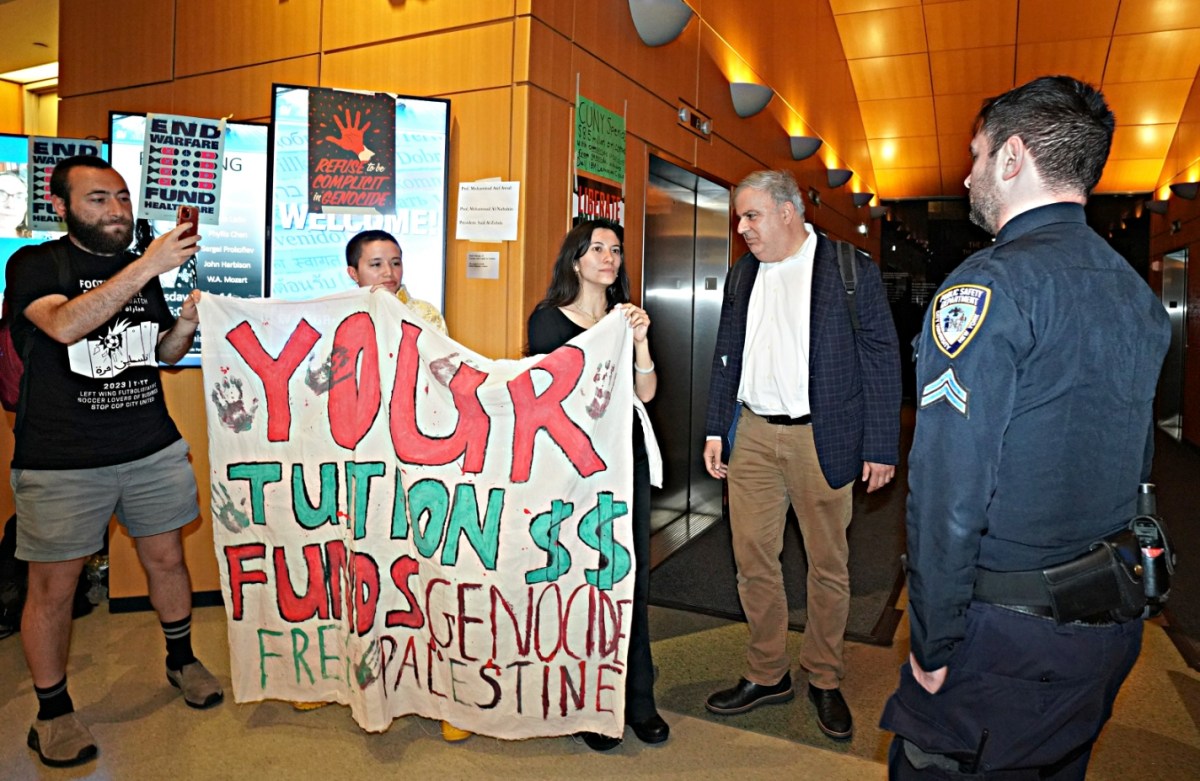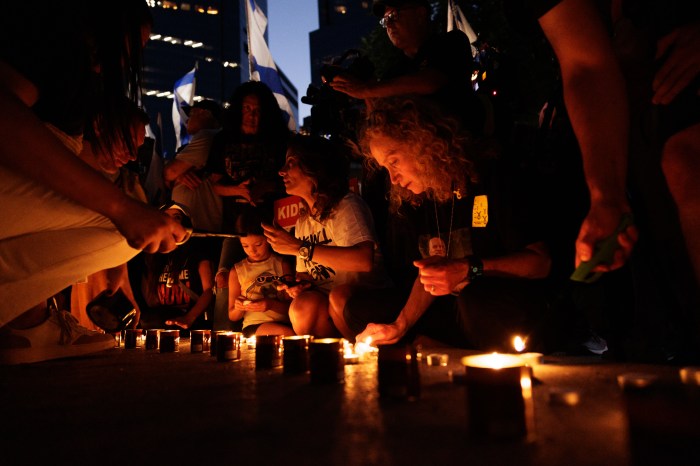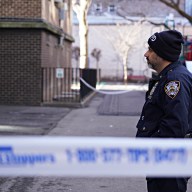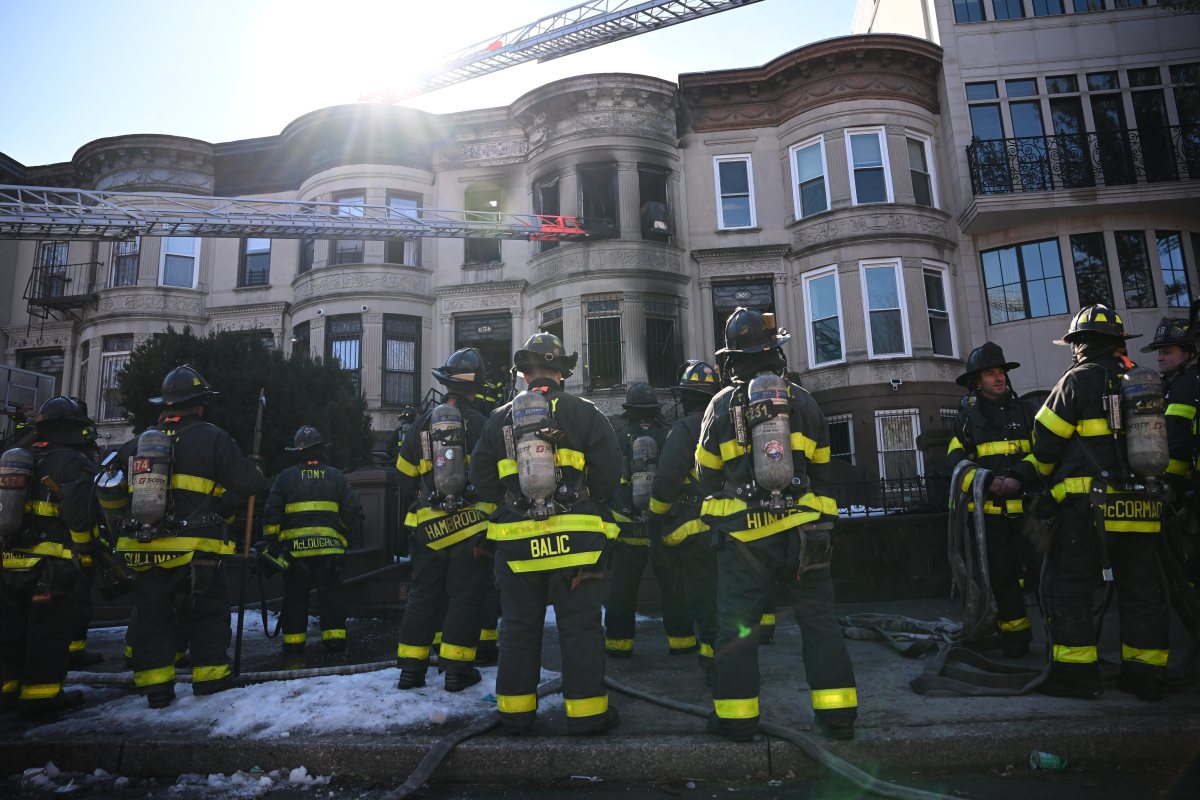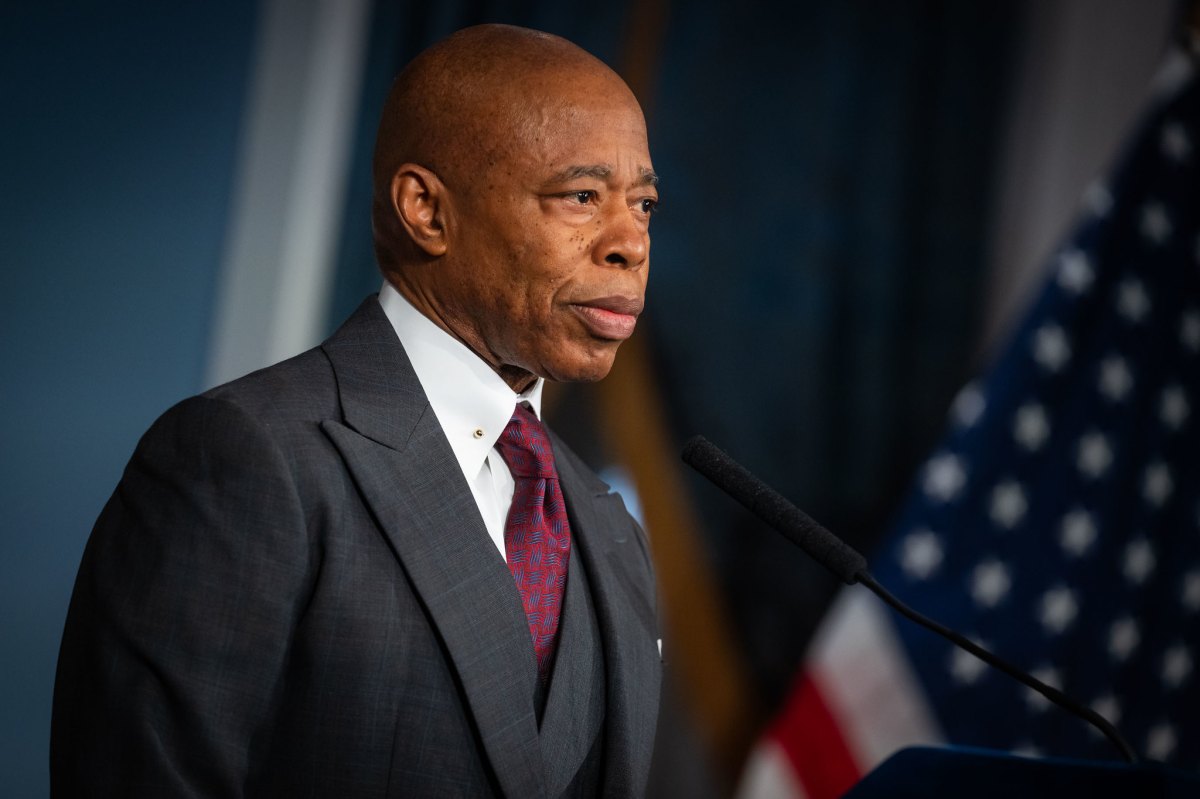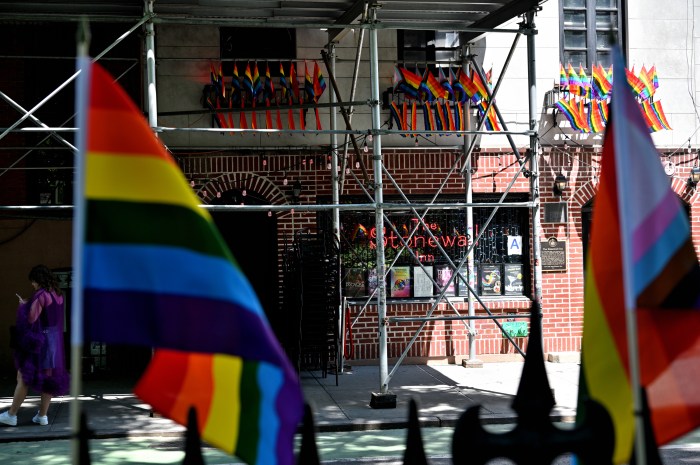The City University of New York (CUNY) must do more to stop antisemitism on its 25 campuses throughout the five boroughs, according to a report released by Gov. Kathy Hochul’s office Tuesday morning.
Retired Chief Judge Jonathan Lippman, whom Hochul appointed last October to investigate the spread of hatred on CUNY campuses in the wake of the Oct. 7, 2023 terrorist attacks on Israel, issued the 146-page report which indicated that the city’s public college system’s “current policies and procedures for preventing and addressing antisemitism and discrimination need to be significantly overhauled and updated.”
Lippman’s report outlined 13 steps CUNY should take to stop the spread of hatred on campus, including creating centralized resources and an independent monitor to address complaints of antisemitism and discrimination; greater collaboration with law enforcement and security experts to establish safety protocols; set a definition of antisemitism as a guide to stop acts of hate; and draft and adopt a “Comprehensive Policy on Freedom of Speech and Expressive Conduct” that set “clear rules for time, place and manner of expressive conduct on campuses, consistent with the First Amendment.”
In response, CUNY Chancellor Félix V. Matos Rodriguez welcomed the report’s findings, adding that CUNY has already taken “critical steps to combat hate and discrimination.”
Among the actions CUNY says it has taken include launching a new training and professional development for faculty and staff to navigate “difficult conversations on campus”; developing a new unity campaign, “Our CUNY: Hate Divides Us, Diversity Defines Us,” to provide greater information and resources to students; adding 50 private officers to provide increased safety support; meeting with Hillel and UJA-Federation of New York to create and implement safety measures for Jewish students on campus; and provide guidance to campus leaders on effectively managing protests and demonstrations, balancing free speech with campus safety.
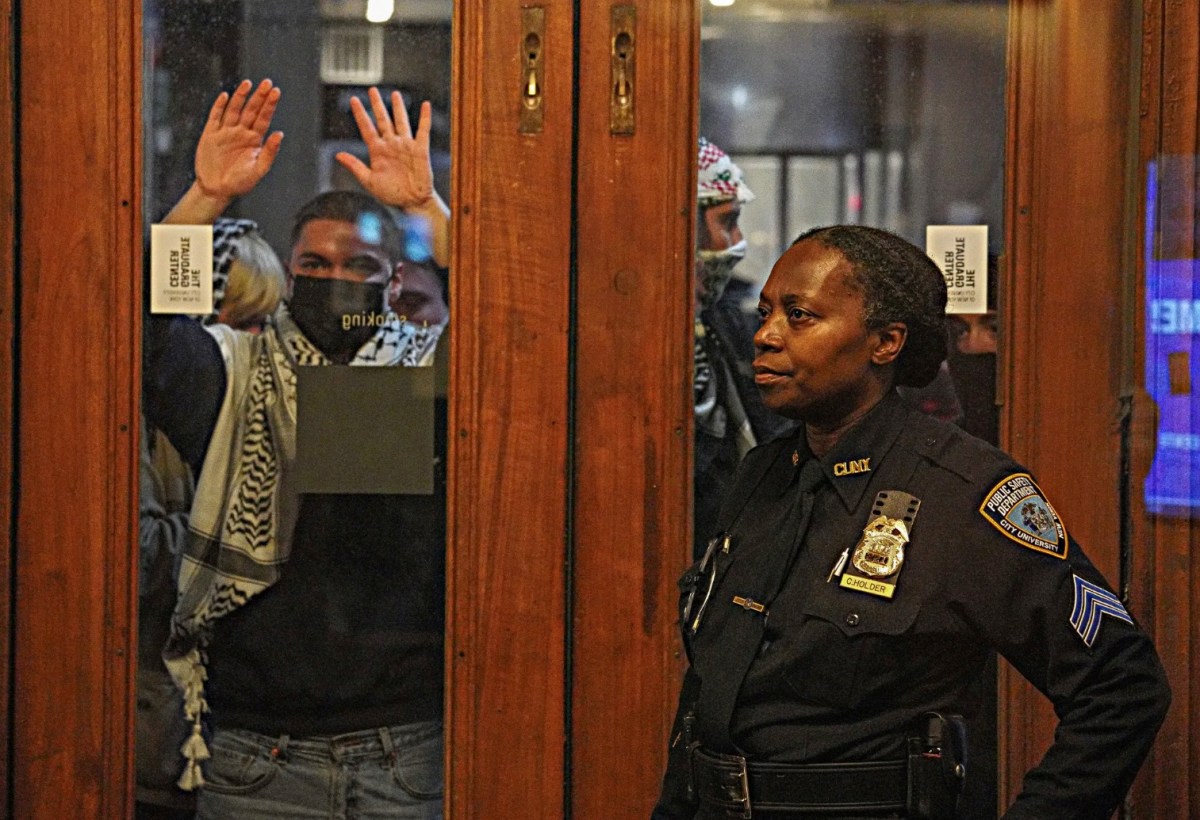
“Recognizing there is always more to do, we look forward to working on implementing Judge Lippman’s recommendations to redouble our efforts and build on our progress to create a more inclusive campus environment for students, faculty and staff,” Rodriguez said in a Sept. 24 statement.
Even with these actions, some CUNY campuses have nonetheless experienced acts of hate in the recently begun school year. Baruch College, Lippman noted, saw a number of pro-Palestine protesters “harassing Jewish Baruch College freshmen that were attending a welcome event sponsored by the Hillel organization at a local kosher restaurant.”
“Not only did the protestors cruelly taunt the students about the murder of six hostages by Hamas terrorists in Gaza, but the protesters also appear to have threatened the students with violence, and used antisemitic tropes in the process,” Lippman wrote in a Sept. 23 letter to Governor Hochul accompanying his report. “Of particular note, the protesters appear to have couched some of their deplorable attacks in antizionist rhetoric, which only confirms a point I make in my report — that antizionism can constitute antisemitism.”
Many students ‘do not feel safe at all’
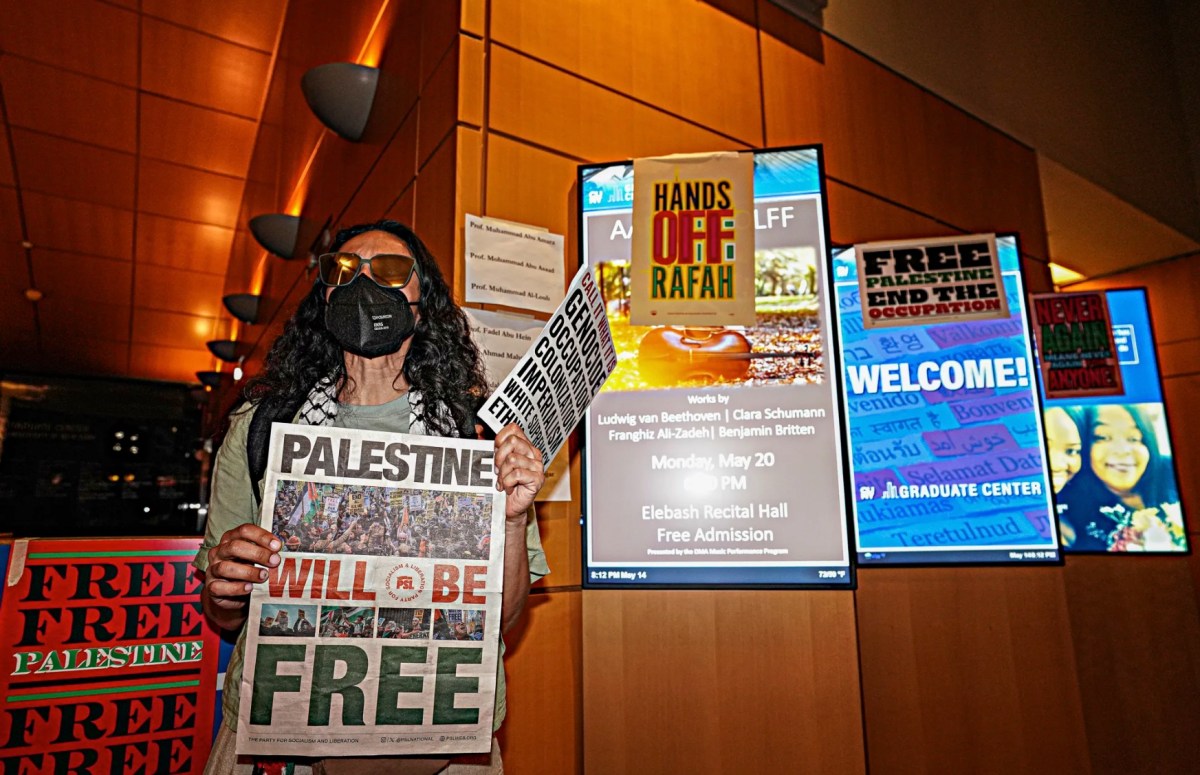
Lippman’s report followed an investigation that included more than 200 interviews with more than 300 CUNY students, faculty, staff, and experts over a 10-month period. Dozens of attorneys with Latham and Watkins LLP, a law firm where Lippman is of counsel, participated in the effort.
The participants in the investigation also visited 13 of the 25 CUNY schools “to conduct in-depth examinations of the climates on each of those campuses.” Though CUNY’s executive leadership, including Rodriguez and CUNY Board of Trustees Chair Bill Thompson, were cooperative, Lippman noted that his team “encountered certain faculty and student organization leaders that declined to speak with us or that demanded that we agree to unreasonable pre-conditions before meeting with us.”
The report seemed to confirm a conclusion that the U.S. Department of Education drew earlier this year: That some CUNY schools failed to properly investigate antisemitism and Islamophobia.
Lippman concluded that many CUNY students “do not feel safe at all,” adding that many expressed concerns about having to walk through protests to attend class or reach campus buildings. Others said they feared being targeted and subjected to “doxxing, academic discipline or repercussions from law enforcement for exercising their First Amendment rights to protest peacefully.”
Not surprisingly, social media was also found to “exacerbate issues of antisemitism and discrimination.” Lippman’s team found that “organizations and individuals” used both “personal social media accounts and accounts associated with CUNY, or falsely identified as associated with CUNY” to “advance hate speech” that violated CUNY’s existing policies.
In an agreement reached in July with the U.S. Department of Education, CUNY said it would increase training, reporting and monitoring on campus to combat antisemitism. CUNY also created the Center for Inclusive Excellence and Belonging to “centralize efforts to combat discrimination systemwide by overseeing policies, training for new chief diversity officers, processing of complaints;” and reviewing and revising “non-discrimination policies and procedures.”
Though Hochul ordered the CUNY report in the aftermath of the Oct. 7 attacks, she noted that antisemitism had been on the rise in New York prior to that day of infamy. New York state has beefed up its efforts to combat antisemitism, from increasing security funding for institutions at risk of attack to increasing bail laws to punish those charged with hate crimes.
“Let me be clear: we will not tolerate threats of antisemitism or hate of any kind. Every New Yorker must be free to live, learn and worship without fear of harassment or violence,” Hochul said in a Sept. 24 statement. “As the tragic anniversary of the Oct. 7 attacks approaches, we will be announcing additional resources to ensure the safety and well-being of all New Yorkers.”
You can read the full Lippman report online at governor.ny.gov.
Full list of Lippman report recommendations
- Centralize resources for dealing with discrimination by creating a University-wide center to address antisemitism and other forms of hate and instituting an internal antisemitism and hate monitor.
- Overhaul CUNY’s university-wide discrimination and retaliation reporting portal to better support individuals lodging complaints of antisemitism and discrimination.
- Help victims of antisemitism and discrimination navigate the investigative process and identify available resources by establishing a centralized Victim’s Advocate program.
- Coordinate with law enforcement and security experts to establish standardized safety protocols to help protect everyone and ensure all individuals feel safe on CUNY campuses.
- Provide guidance and training for campus chief diversity officers and others who are responsible for investigating antisemitism and discrimination allegations and implement a system of investigation oversight.
- Use the principles of the International Holocaust Remembrance Alliance (IHRA) definition of antisemitism as a guide to help determine what may constitute antisemitism, in line with Governor Hochul’s 2022 proclamation identifying the IHRA definition as a valuable tool.
- Ensure all those at CUNY, including campus leadership and chief diversity officers, use the law as a guide when handling incidents of antisemitism on campus, regardless of personal views of what constitutes antisemitism.
- Update current policies and procedures to ensure they provide uniform and clear guidance to address modern incidents of antisemitism and other forms of hate, including the use of social media; train students, faculty and staff on these policies; and consistently review and update these policies in the future to ensure they do not become out of date.
- Consistently hold students and faculty accountable for conduct violating CUNY’s policies and procedures through instituting new clear protocols.
- Draft and adopt a Comprehensive Policy on Freedom of Speech and Expressive Conduct, including clear rules for time, place and manner of expressive conduct on campuses, consistent with the First Amendment.
- Encourage leadership to lead by example and speak out forcefully against antisemitism and any form of hate, even when it may not directly violate the law or CUNY’s policies.
- Increase efforts to train and recruit faculty and staff who consistently encourage and promote inclusivity, constructive dialogue and tolerance.
- Promote dialogue among people holding different viewpoints and create additional joint programming.



